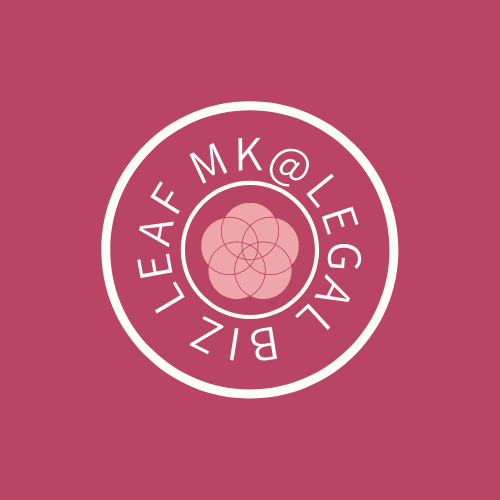Third-party allotment by way of a total number of shares underwriting contract
In a third-party allotment, by using the method of “applying for shares,” it shall take at least two days, no matter how hastily the procedure is carried out. This is because the law requires that the company must notify the number of shares allocated to the subscriber by the “day before” the payment date or the first day of the payment period.
On the other hand, in the case of a third-party allotment by a method of “concluding the number of shares underwriting contract”, the procedure can be completed in one day.
Third-party allotment using the method of “applying for shares”
* Procedures below are for a private company with Board of Directors, contributing via cash.
1. Board of Directors Meeting
Resolving matters:
(1) Determination of allottees
(2) Holding of general meeting of shareholders
*The period of notice of convocation can be shortened (or even the same day) with the consent of all Directors and Auditors.
2. General meeting of shareholders
Resolving matters:
Determination of subscription requirements, etc.
*The period of notice of convocation can be shortened (or even the same day) with the unanimous consent of all shareholders.
3. Notification to shareholders about the subscription requirements, etc.
Applications for shares allotment
Notification to subscribers about the allotment
*All of above can be done in one day.
*The date must be “at least the day before” 4 below.
4. Payment date or during the payment period (effective date)
In the case of the total number of shares underwriting agreement, the requirement in 3 above can be eliminated. In other words, the “at least day before” requirement is eliminated from the procedure.
Third-party allotment by a method of “concluding a total number of shares underwriting agreement”
1. Board of Directors meeting
Resolving matters:
(1) Approval of concluding a total number of shares underwriting agreement (*)(2) Holding of general meeting of shareholders
2. General meeting of shareholders
Resolving matters:
Determination of subscription requirements, etc.
3. Conclusion of the agreement
4. Payment date or during the payment period (effective date)
*In the case of a total number of shares underwriting agreement, a resolution is passed to approve the conclusion of the agreement, not to determine the allottees. If the company has a Board of Directors, the resolution is made at the Board of Directors meeting; if it does not have a Board of Directors, the resolution is made at a general meeting of shareholders.
* A different approval authority can be used by stipulating it in the Articles of Incorporation.
A total number of shares underwriting agreement
Although there is no legal requirement regarding the matters to be included in a general underwriting agreement, followings are generally included.
- Agreement on Subscription of Offered Shares
- The number of Shares (or class and number) to be offered in total
- Method of allotment of shares to be offered (to whom and how many shares for each)
- The Amount to be Paid in (per share)
- Statement that non-monetary assets will be invested, and details and value of such assets (If applicable)
- Due date or due period of the payment or delivery
- When issuing shares, matters related to the capital and capital reserves that is to be increased.
- Place of payment (Details of remitting bank account)
- Address, name and/ or trade name of the subscriber with their signature or seal
When entering into a contract with more than one person, all of the subscribers may sign one contract, or a separate contract may be prepared and signed by each of the subscribers. However, in such cases, all contracts must be considered as the contracts concluded for the same share allotment; thus, the number of shares to be allocated to each subscriber, name and address, etc. will be written on each contract. If you do not want the details of the agreement to be known to each other, it is recommend to use a method of applying for shares.
*Since a total number underwriting agreement is literally a “contract,” care should be taken to avoid any discrepancy between the laws of Japan and the laws of your country. Thus, it is advisable to consult with your lawyer to perform a legal check in advance.
MK@ 06/29/2022
 MK @ Legal Biz Leaf
MK @ Legal Biz Leaf 
